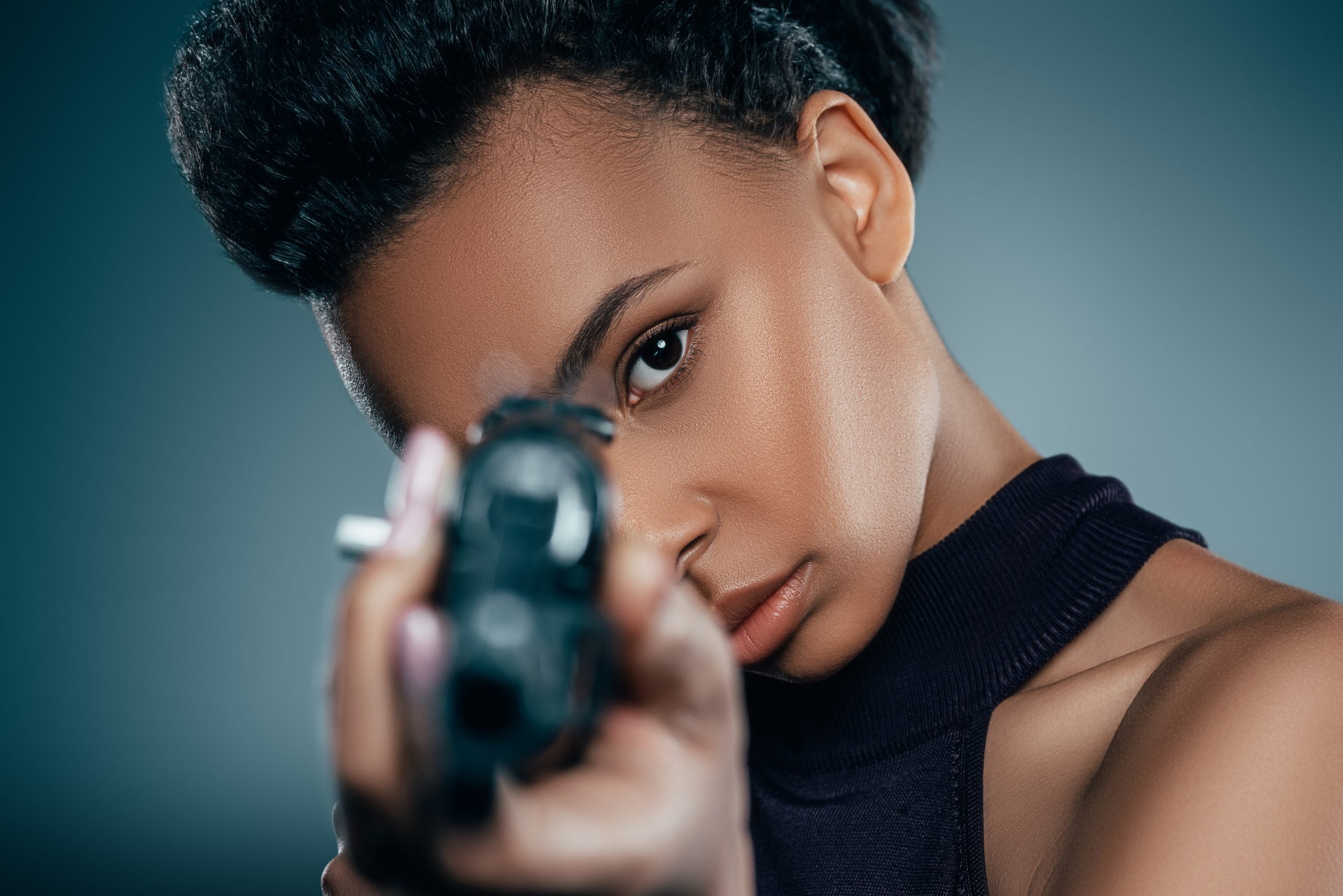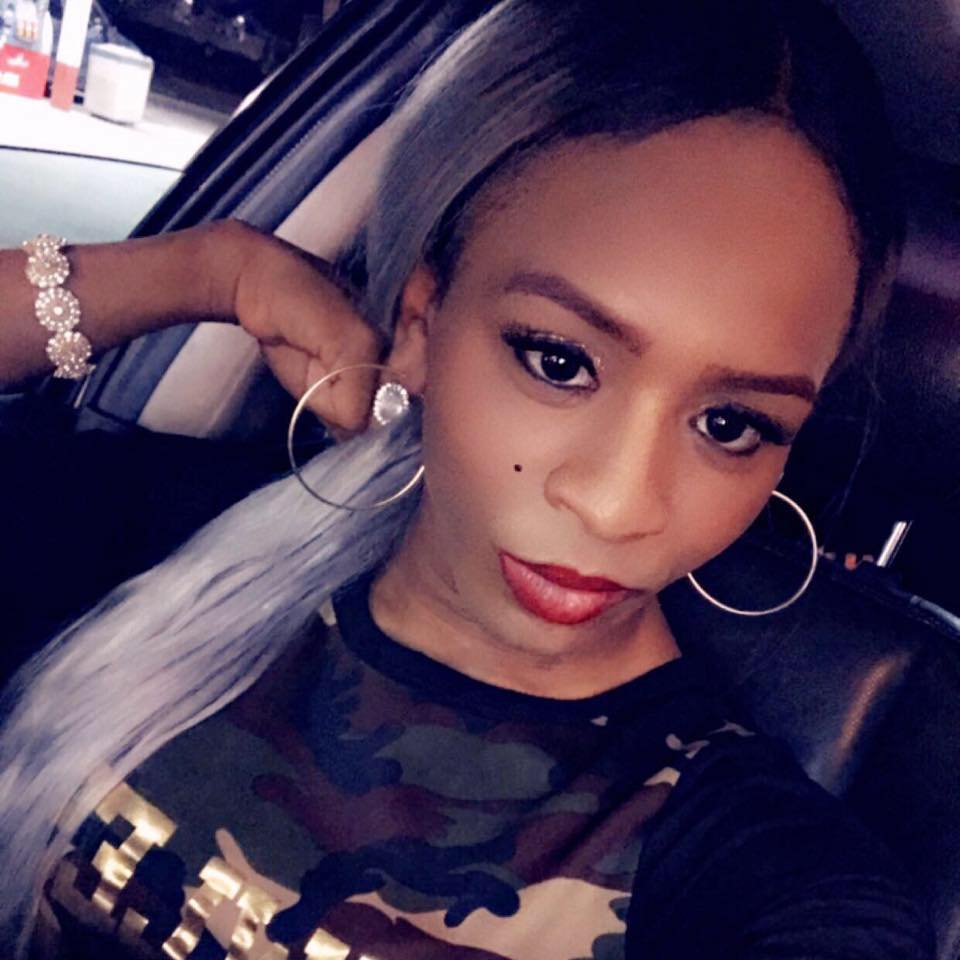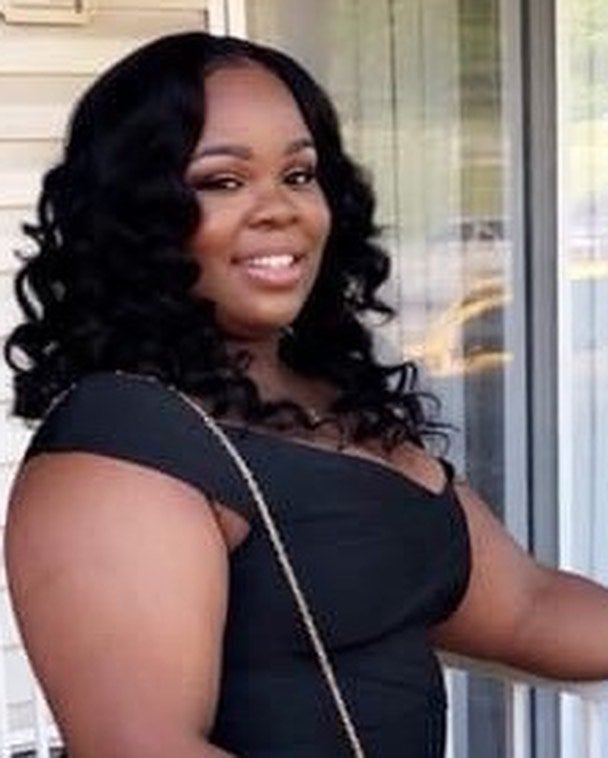
On April 30th, hundreds of white protestors — several of them carrying assault rifles, Confederate flags, Nazi symbols, and nooses — clamored in Lansing, Michigan to protest stay-at-home orders enacted to protect the public from the deadly COVID-19 pandemic, which has killed almost 80,000 people in the United States. In response to the protests, three Black community activists showed up to the capitol — where it is legal to bear arms — with their own rifles, intending to safely escort Black lawmaker Rep. Sarah Anthony (D-MI) into the building.
“We were all just appalled by the lack of support and lack of security that I had, that other legislators had, and the fact that a lot of the demonstrators last week were adorning many racist, anti-Semitic signage,” Anthony told City Pulse. “I think it just triggered a lot of folks, especially African Americans.”
A few days after this incident, Black America was triggered yet again by the leaking of a horrific video showing the February 23rd killing of 25 year-old Ahmaud Arbery by two white male assailants, father-son duo Gregory McMichael, age 64, and Travis McMichael, age 34. On May 7th, after two months of eluding punishment, the Georgia Bureau of Investigations arrested and charged them with murder.
The trauma of this brutal lynching, combined with the powerful imagery of three Black men standing in front of a state capitol with firearms, sparks a needed conversation. Should Black people buy guns to protect ourselves from racialized violence, especially during these tumultuous times?
As a leftist Black woman, I desperately wish we had strict gun control. However, I’m uncomfortable not having a firearm. Many who share aspects of my politics are surprised when I express this, seeing it as contradictory.
But my views are rooted in the reality of the world I live in now, not the world I long for.
And in my world, guns are everywhere. Most often, they’re possessed by people who hate me.
According to the Pew Research Center, U.S. gun owners tend to skew white, male, and Republican. As a whole, 36 percent of white people are gun owners, compared to 26 percent of Black people. A 2019 Gallup poll found that 30 percent of U.S. adults personally own a gun, and 43 percent live in a gun household. While 43 percent of men own guns, only 17 percent of women do.
I want gun legislation similar to Australia’s, where most firearms are banned, and other types of guns — like hunting rifles — are heavily regulated. However, these U.S. statistics and the current political climate show me that’s extremely unlikely, and that many who do own guns pose an imminent threat to my life.
Theoretically, I could wait for gun control legislation. But if Donald Trump wins a second term, this won’t happen. Even if the presumptive Democratic nominee, former Vice President Joe Biden, wins the general election, things won’t change much.
Biden’s gun safety plan includes a ban on assault weapons, and some restrictions on the sale of other firearms, but it will hardly result in a disarmed society, especially now that the coronavirus has led to the highest-ever spike in U.S. gun sales.
And even if sweeping legislation is passed, the scene outside the Michigan courthouse shows us that white people, especially the growing segment of violent white supremacists, will likely not give up their weapons without violence.
In a chillingly frank segment of The View, popular white conservative Meghan McCain said as much.
“The AR-15 is by far the most popular gun in America,” she told her more liberal and moderate co-hosts. “If you’re talking about going and taking people’s guns away from them, there’s going to be a lot of violence.”
This episode aired right after the El Paso shooting that killed 22 people, where the suspect admitted to specifically targeting Mexicans. Her co-hosts pointed this out, but McCain held her ground. “I’m not living without guns,” she insisted. “It’s just that simple.”
Guns are embedded in the racist and violent culture of this country. And I cannot depend on politicians — especially white, moderate ones like Joe Biden — to ensure the elimination of these weapons. I cannot depend on them for my safety.
But that doesn’t mean I’m not concerned about my people clamoring to gain access to guns. As a bipolar woman who has attempted suicide several times, the decision to give myself easy access to a firearm is not a light one. While men are 354 percent more likely to die by suicide, they’re also more likely to have access to the most effective method — firearms. By buying one, I would be risking my life to save my life.

I also worry about whether our own communities would prioritize giving weapons to those most in danger. Earlier this month, Nina Pop, a 28 year old Black trans woman living in Sisketon, Missouri, was found dead after being stabbed multiple times. The murder of Black trans women is an epidemic, and Pop’s death is currently being looked into as a possible hate crime. And in the U.S., 22 percent of Black women in the United States have experienced rape. A 2015 survey of Black trans and non-binary individuals found that 56 percent have experienced domestic violence. Marginalized people are more likely to experience mental illness and abuse, but in some states, having a diagnosed mental illness or experiencing a psychiatric hospitalization makes you ineligible for firearm possession.
If we are to arm Black people, we can’t fall into patriarchal systems that privilege cisgender men as wielders of these weapons. We also have to make sure that people with mental illness or a history of substance abuse remain safe even with firearms in the home. And our communities must help Black trans women with the costs of firearms, guide them through the state licensing process if one exists where they live, provide them with safety and skills training, and address the violent transphobia, homophobia, ableism, and misogyny that exists among our own people.
There’s also the strong possibility that having guns won’t save us, especially from state violence. On March 13 Breonna Taylor, a 26-year-old Emergency Medical Technician (EMT), was killed in her home by Louisville Metro Police officers. Her boyfriend Kenneth Walker, who was sleeping next to her before the raid, was accused of shooting one of the officers. He has been arrested and charged with attempted murder, while Walker’s attorney Rob Eggert, argues that he acted in self-defense as a response to police misconduct.

Despite the danger Black folks face every day, Walker’s possession of a firearm did not save Breonna’s life. And it may not save him from prison.
Furthermore, although white people view the right to bear arms as sacrosanct, it can always be taken from Black people when we begin to resist against racial terror and state violence. When the Black Panthers declared their intentions to protect themselves with firearms, widespread gun control targeting our communities was enacted after being advocated for by the National Rifle Association (NRA), which notoriously loathes even the most basic of gun control laws. If we do buy guns at higher rates and express our intentions to protect ourselves, the government may retaliate with increased policing, regulation, and even state-sanctioned murder.
Still, I believe that for many Black people, especially those living in predominantly white areas, firearms might prove necessary. And not just for defense, but for food sustainability, which will become more important as the climate crisis worsens. In fact, home birth, natural medicine, farming, hunting, and fishing, are all skills I believe Black people should turn to as we prepare for the seismic shift that political upheaval and environmental collapse may bring.
America is a gun country, and it’ll destroy itself before it lays down its arms. With the storm that’s already here and with the storms that have yet to come, the idea of my people laying down ours first terrifies me.